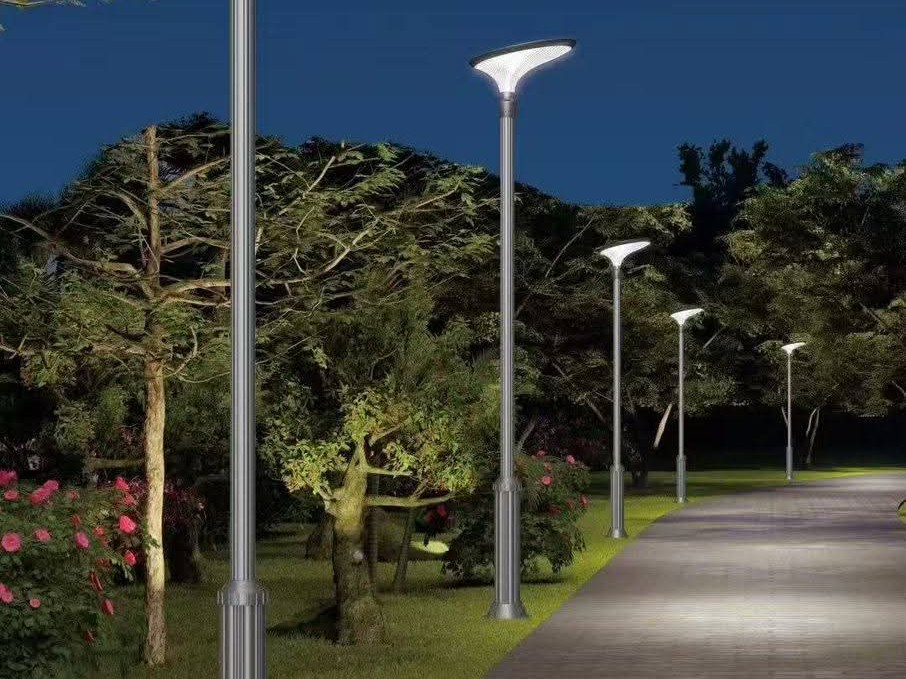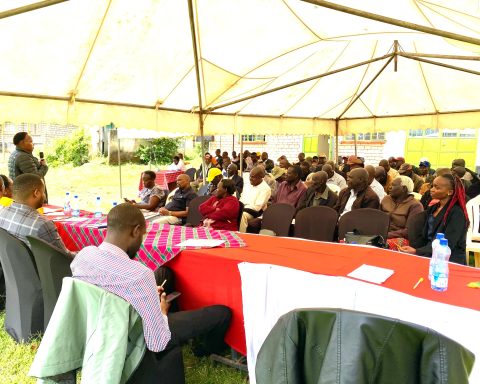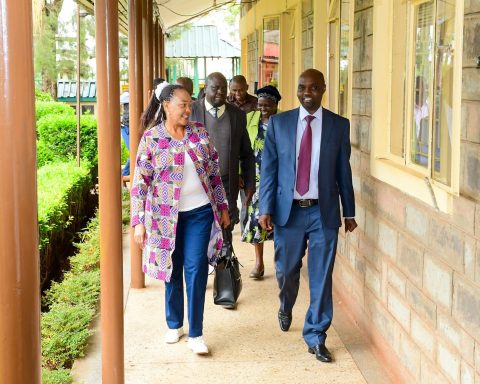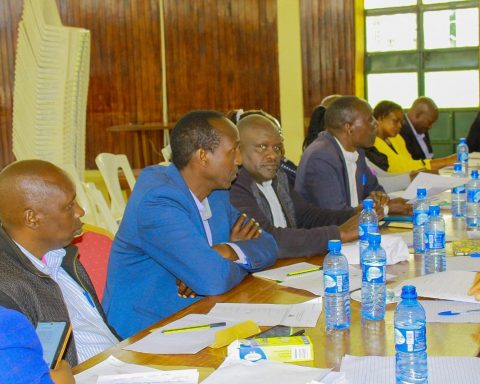Eldoret is undergoing a quiet revolution that is set to transform its landscape into one of Kenya’s first “smart green city.”
At the heart of this transformation is an ambitious solar-powered street lighting project, a major public-private partnership poised to illuminate the city and power its progress into a modern, 24-hour economy.
What is the cost of Eldoret city’s solar-powered street lighting project?
The landmark project, valued at approximately Ksh 3 billion (USD. 23 million) funded and implemented through investor support, will see more than 20,000 intelligent LED streetlights installed across the City powered by a Solar plant of 3 MW with a storage of 10 MWh, extending lighting coverage to an estimated 80% within the City.
The project design captures Eldoret’s vision of a strategic leap forward towards integrating sustainable energy, modern infrastructure, and advanced technology to improve the lives of its residents.

The new lighting system is a technological ingenuity. Instead of standard bulbs, the adaptive LED streetlights will be equipped with integrated CCTV cameras featuring facial recognition and smart controls. The system will also be supported by a comprehensive underground fibre-optic network, enabling real-time monitoring and predictive maintenance. The infrastructure is designed to make Eldoret not only brighter, but also more connected and secure.
Impact of solar-powered street lighting project
For Eldoret residents and business owners, the impact is expected to be immediate and profound.
Brighter, safer streets are projected to deter crime, enhance public safety, and extend business operating hours well into the night.
“This will be key to securing our estates and villages,” noted John Njoroge, a resident of Kipkenyo.
Another resident, Mary Sang, shared the widespread public support for the initiative, stating, “We want to benefit from this project.”
The expanded night-time economy will create new opportunities for traders, particularly women and youth, fostering economic growth and attracting new investments into the region. The county government projects that the solar lighting will reduce public lighting costs by up to 50%, freeing up significant funds for other development projects.
How Eldoret is pioneering a green future
This initiative firmly positions Eldoret as a national leader in adopting renewable energy and sustainable urban development.

By leveraging abundant solar energy, the city is set to drastically cut its carbon footprint and tap into the emerging global Carbon credit market, aligning with Kenya’s national climate commitments.
The move reinforces Eldoret’s reputation for forward-thinking urban planning, building on other smart city developments like digital traffic lights and new affordable housing projects.
The project concept also entails expanded generation and evacuation of extra power to the National Grid through the Turkwel – Olessos 220 kV transmission line which crosses the County a few kilometres away from the proposed project site.
Uasin Gishu County seeks to tap into the net- power metering opportunities in the Kenyan market to earn additional revenue during the second phase of the project as well as providing stable electricity supply to the City residents and investments.
Will Uasin Gishu municipalities benefit from solar-powered street lighting project?
The second phase will also see the project extended to County Municipalities which include;- Kesses, Burnt Forest, Moisbridge, Turbo, Moiben and Ziwa).
“Eldoret City is positioning itself to match the standards of modern cities in developed nations, where innovation, safety, and sustainability drive urban growth by delivering a project of its kind in Sub Saharan Africa,” said Dr. Silas K. Leting, the Project Coordinator.
“We are not just installing lights; we are building a smarter and a greener city,” further explained Anthony Sitienei, CECM in charge of Environment, Climate Change, Natural Resources, Water, Irrigation, Sanitation and Energy.

The project represents a fundamental shift in how Eldoret provides services, focusing on modern facilities and sustainability to improve residents’ quality of life.
As the project progresses toward its final approval by the National Treasury (PPP Unit) towards full-scale rollout, Eldoret City stands on the cusp of a new era.











